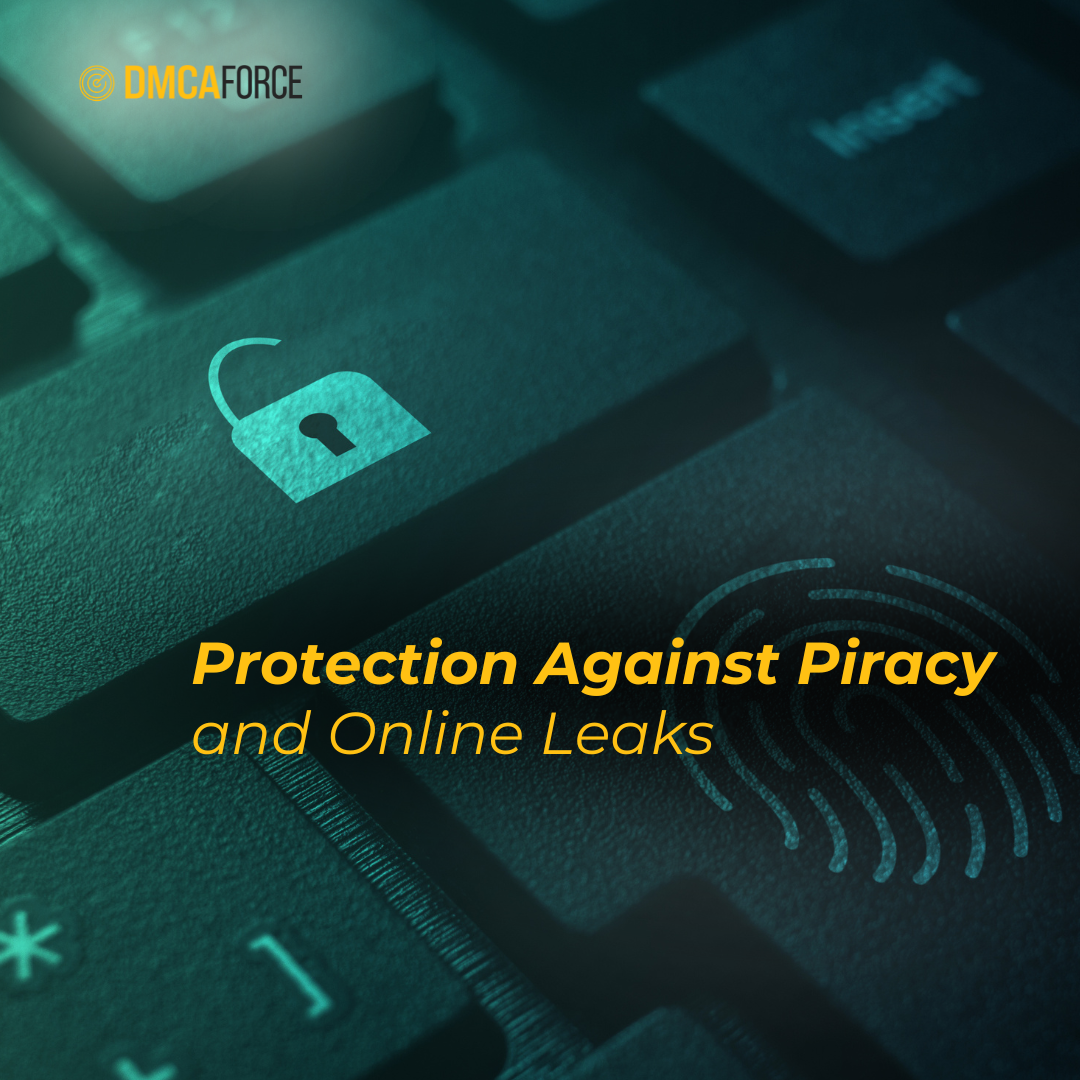News

The Implicit Message Behind File-Sharing
It has often been said that in a free market, the value of a product or service is whatever people are willing to pay for it.
Whenever I’m speaking to someone who expresses confusion about how a given service provider or retailer can charge the price of a good or service that they do with a straight face, be it legal advice or plumbing repair, my response is that vendor can do so simply because people are willing to pay that rate. This is also why some professional athletes are paid salaries that seem out of proportion to the importance and value of their ‘work product’; the market has decided that some pro sports are highly valuable, therefor those who excel at those sports are highly valuable, as well.
In the business world, some entities overestimate the price the market is willing to bear, so they either have to adjust their pricing, or face the prospect of going out of business because they can’t grow their customer base to a size that will sustain their operation.
I’ve been thinking a lot about this sort of equation lately, particularly when I’m reading articles, forum posts or comments published by those who believe that it’s greedy, backwards or even unethical for rights-holders to works of entertainment to have the audacity to expect people to pay the asking price for their creations.
By refusing to pay for the goods they consume, what these people are actually saying is that artistic expression, entertainment media and any other digital good they covet has no market value. The proper price for such products, in their mind, is a flat $0.
Yes, yes, I know — file-sharers purchase more than non-file-sharers do (according to non-scientific surveys, always a compelling way to gather hard data), many of these people are “trying before they buy,” many of these same people will purchase content if you provide them with a “quality experience,” etc.
While I’m sure there’s at least some truth to those arguments, I’m equally sure that the degree of truth varies greatly from individual to individual, and from one media type to another. What does it mean, for example, to “try” a movie by watching it from end to end? Am I really expected to believe that habitual downloaders of pirated movies are watching the movies at home for free, then heading to the cinema to watch the same movie for $10? That might happen in some cases, but does it happen in significant numbers? I doubt it.
What isn’t subjective or unknown is the price that a person pays when they download a pirated work for free; by definition, that price is $0.
I’m not one to make the argument that every illicit download equals a “lost sale” (which is dubious reasoning, at best), nor do I believe that the economic harm created by file-sharing is a particularly easy number to derive in any certain way. I’m simply asserting that by declining to pay for a product that you are supposed to buy, that you could easily afford if you chose to purchase it legally, and that is readily available in your market, you are saying that the product’s value to you is zero.
None of this has anything to do with the length of copyright terms, abuses perpetrated against musicians by record companies, the RIAA suing poor college students into the ground, or any of the other rationales I commonly encounter when I read/hear people’s stated justifications for their decision to obtain entertainment products by illicit means. My argument also doesn’t rely on thinking of downloading as “theft,” or on any calculation of economic harm stemming from piracy.
In my mind, it’s very simple; your decision to download a pirated work is a value judgment you have made, and your judgment is that while that work might be worth your time, it isn’t worth your money.
I would be a lot more charitable in my attitude toward habitual file-sharers if they would simply own up to the fact that they don’t pay because (a) they don’t have to, and (b) they don’t want to.
I don’t completely discount every point some of these people make about the current state of intellectual property law, or the need for sensible copyright reform in light of the way that technology has changed our world over the last several decades. I’m open to those arguments — but they simply don’t have anything to do with a decision to not pay for a product that you are supposed to pay for. In the context of the “to pay or not to pay” choice, such arguments are not reasons for not paying; they are rationalizations for not paying.
If you’re a person who downloads for free the products that you are supposed to pay for, consider all of this the next time you chose piracy over purchase. Remember that it’s not about record companies, it’s not about Hollywood, it’s not about Disney, the RIAA or the MPAA. Hell, it’s not even about intellectual property law, at all; it’s about YOU.
How to Protect Your OnlyFans Content from Online Leaks and Piracy
November 15, 2024

Protect Your Content on Telegram: Using DMCA Claims to Combat Piracy
November 13, 2024

Unlock Your Revenue Potential at the AW Summit 2024 in Bucharest!
September 10, 2024
Got questions about protecting your digital assets from copyright infringement?


